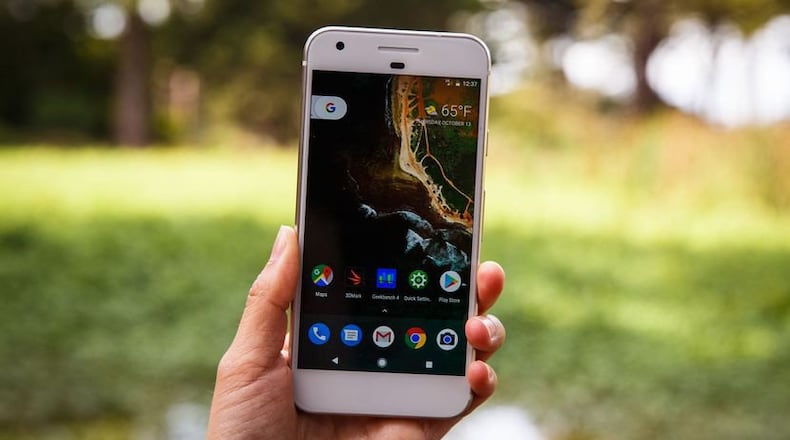A Gwinnett County State Court judge has dismissed the civil lawsuit of a former state employee who said he lost his job after pocket-dialing his boss.
James Stephens, who worked for the Georgia Subsequent Injury Trust Fund, is appealing the decision.
Stephens said when he inadvertently called fund Director Mike Coan in January 2016, his boss listened for 12 minutes while Stephens held a conversation with his wife discussing, among other things, his opinions of Coan’s job performance.
The next day, Coan told Stephens he could resign or be fired.
Coan, who is being represented by state Attorney General Chris Carr, had asked the judge to dismiss the case, saying he is immune because he was acting within the scope of his official duties “at all relevant times.”
Stephens’ attorney, David Guldenschuh, initially asked Judge Pamela D. South to reconsider her decision before filing an official appeal.
“We believe the court did not have all of the correct facts when it entered its decision,” Guldenschuh said. “The court was of the impression these phone calls happened during regular work hours. They did not.”
In his complaint, Stephens said he spoke with Coan in the evening from his home in January 2016. After hanging up and putting his cellphone in his pocket, he said he mistakenly called Coan back. The incident did not happen during business hours, Guldenschuh said.
In the lawsuit, Stephens says Coan invaded his privacy by listening to the pocket-dialed conversation.
“Rather than simply hang up, (Coan) proceeded to violate Georgia law by intentionally acting in a clandestined manner and listening in to a private conversation between Mr. Stephens and his wife Gina inside the Stephens’ private residence,” according to the complaint.
Coan said in court documents that he was exempt from civil action because during both phone calls he was acting in an official capacity.
Coan could not be reached for comment Wednesday.
Guldenschuh said he believes the case could reshape the state’s eavesdropping laws.
“It has a significant impact to the rights of Georgia citizens’ privacy,” Guldenschuh said. “We intend to pursue it to the Court of Appeals and to the Georgia Supreme Court if necessary.”
About the Author





